On May 19, 2001, the very first Apple Stores were opened, changing not only how customers would buy Apple hardware and get service for purchases, but also alter brick-and-mortar retail forever.
"This is our store," Steve Jobs said, as he introduced the Apple Store for the first time. He did it in a video launch on May 15, 2001, just ahead of the first-ever Apple Stores opening the following Saturday.
The Apple Store, Apple's first foray into its own retail stores, opened its first two locations on May 19, 2001, in Glendale, Calif. and then in Tysons Corner, Virginia. One AppleInsider staffer was present for the opening of the latter store.
In the more than two decades since, the Apple Store has grown to more than 500 stores in over 20 countries, adding India in April 2023. It surged in growth during very difficult times for the retail sector as a whole, including in the consumer electronics space.
And even the coronavirus didn't see Apple Stores going out of business the way so many others have — including Microsoft.
While helping to drive Apple's own growth and playing a key role in the launches of iPod, iPhone, iPad and more, the Apple Store also forever changed the look of computer and electronics retail. And that look has been widely imitated, from Microsoft launching that chain of lookalike stores to Sony attempting the same to actual knockoff Apple Stores in China.
Before the Apple Store
Throughout the 1990s, Apple computers were sold in a combination of chain stores and authorized Apple retailers. Support for customers from the big-box stores was iffy, and typically related to how often Apple representatives and then later contractors visited, to keep the staff in line.
Starting in 1997, Apple tried migrating to a "store within a store" concept that it agreed to with CompUSA, shortly after Jobs' return to the company.
At the same time, Apple pulled its products out of most non-CompUSA big box retailers.
And also at that time, Dell was Apple's main competitor and doing extremely well with its online sales. As Apple was preparing to launch the original iMac it also revamped its online store.
Rather than solely sell online, however, Jobs decided to open Apple-branded retail stores. In early 2000, he hired executive Ron Johnson, formerly of Target, to run them.
The first stores
On May 15, 2001, Apple announced that it would open 25 retail stores that year, including its first two that Saturday.
The first stores, as explained by Jobs in his introductory video, were to feature such products in the front section as iMacs and iBooks, as well as the then-new PowerBook G4 Titanium and Power Macs. The iPod, however, would not be released for another five months, and of course it would be six years before the iPhone showed up.
Also featured in the store were music, movies, photos and a kids section, as well as non-Apple digital cameras and camcorders.
There was also a great deal of boxed software. Even as Apple changed bricks-and-mortar retail, it was radically changing how software was sold, to the point where boxed applications seem peculiar now.
Another initial selling point that has never gone away — not completely, at least — is the original incarnation of the Genius Bar. Back then the Genius Bar featured pictures of Albert Einstein and other famous geniuses who had been included in Apple's "Think Different" ads of the time.
Jobs positioned the in-store "geniuses" as people who were able to answer customers' questions — and if they couldn't, there was even a landline to someone in Cupertino who could.
More than 500 fans lined up at the Tysons store starting at pre-dawn that first day. Over the weekend, Tysons and Glendale hosted over 7,500 visitors, and sold a combined $599,000 in products over the first two days.
The Apple Store was an immediate success, but it wasn't as if Apple was the first company to try it. Apple was just the first company to do it right. Dell had gone to online after its retail tiptoe failed, and Gateway had done much the same.
Sustained success
In contrast, the Apple Store's success started high and has never really abated.
Its first urban flagship, on Chicago's Magnificent Mile, opened in 2003, with the first international Apple Store arriving in Ginza, Tokyo, Japan, later that year. Five years to the day after the first two stores, in 2006, Apple opened its iconic "cube" location on Fifth Avenue in New York.
While the number of Apple Stores worldwide crossed 500 with its first location in Korea, which opened in 2018, the originals haven't been forgotten. The store Apple designated number one in Glendale, remains a popular site for fan pilgrimages. But store number two — Tyson's — was still the first to open, and it's had major renovation over the years.
Apple keeps renovating its stores, and it keeps adding distinctive new ones which lovingly preserve the architecture in old buildings, or create strikingly modern ones from scratch.
But you can still see the original stores in their original forms — through an AR app that will fill you with nostalgia for what you hadn't realised had changed so much.
Hard times
While it's unquestionable that Apple has steadily opened more and more Apple Stores around the world, it did also shut them all in 2020. For months, all Apple stores across the globe were closed because of the coronavirus, and they only slowly reopened — before sometimes having to close again.
China was the first to see Apple Stores reopening, then later parts of Europe, and next selected ones in the US. At each, there were reduced opening hours, and the whole atmosphere changed as they implemented social distancing and healthcare procedures.
Notably, Apple paid its retail staff during the shut down.
It's easy to regard Apple as having limitless funds because it is the biggest company in the world, and it's easy to assume it gets PR value out of everything it can. But when news of this broke, it had been quietly paying the wages of staff for over 500 stores for two months.
The company also sent care packages to some employees in the early days of the pandemic, and it also kept every one of them clearly updated with what was happening and what Apple was doing.
In a time when other companies were at best furloughing employees and at worst making massive redundancies, Apple's approach to its Apple Store staff was genuinely praiseworthy.
So too, in a different way, was Apple's balancing of retail and online selling. Right from the start, it was selling boxed software in stores but planning to move applications online.
Then since Angela Ahrendts was running retail and now that Deirdre O'Brien is, the company has managed to keep both its physical and its online stores busy. That will be how Apple was able to keep on selling well even during the lockdowns around the world.
But it is also how it was able to help the millions of people who were suddenly forced to work from home. Even if they couldn't pop out to a local Apple Store, they could order online and get contact-free delivery.
Steve Jobs could not have anticipated the coronavirus pandemic back in 2001, but the steps he took right then with Ron Johnson meant that Apple Stores today can continue to survive even under such pressures.
Illegal union-bashing
There are other pressures now, though, and ones that seemed unimaginable back when all of this started. If you've known and used Apple Stores for a long time, for instance, you know that they have none of the sales pressure you get everywhere else.
It was common for you to ask Apple Store staff for advice on how to do something, and instead of selling you an Apple device, they'd direct you to the electronics store across the mall. If that was the right place for you to buy what you needed, they said so.
That of course guaranteed that you'd be right back the next time you needed something, and it was core to the impression you had that Apple Stores were on your side. That Apple Stores were full of staff who wanted to be there, as opposed to big box resellers where untrained staff relied on sales bonuses to survive.
This is all still the case, but it's increasingly felt as if that is because of the staff — and despite Apple. For a store that defied retail norms and redefined the whole shopping experience, somewhere along the way Apple Stores have started to see the old pressure sales techniques coming back.
In 2022, one Apple Store summarized the relationship between Apple and Apple Store staff as so poor that saying anything, or complaining about anything, was as effective as "writing to Santa."
Apple refuses to accept any such criticism and argues instead that the relationship between it and staff is strong. Specifically, Apple's head of retail, Deirdre O'Brien, says that Apple Stores should not have unions.
"I worry about what it would mean to put another organization in the middle of our relationship," she said in May 2022. "An organization that doesn't have a deep understanding of Apple or our business, and most importantly, one that I do not believe shares our commitment to you."
Apple would say that it is improving pay and conditions for its retail staff, but it's only done that since the threat of unionization grew. The company has also been repeatedly accused of taking illegal anti-union steps, such as allegedly firing activists.
Then in Australia, when talks with Apple failed, retail staff went on strike. It was reportedly the first workers' strike in Australian retail history
That's not the kind of records the Apple Store should be breaking, and it is tainting what is rightly seen as a remarkable retail success.
 William Gallagher
William Gallagher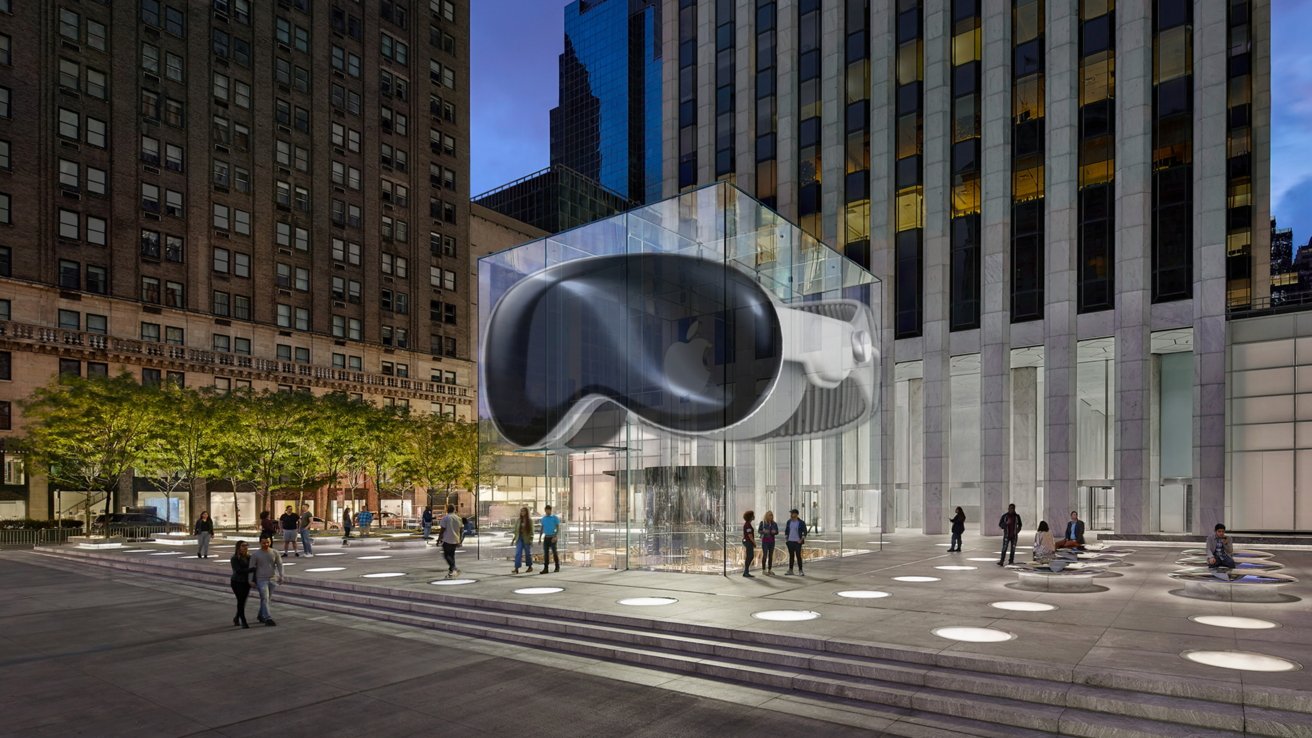
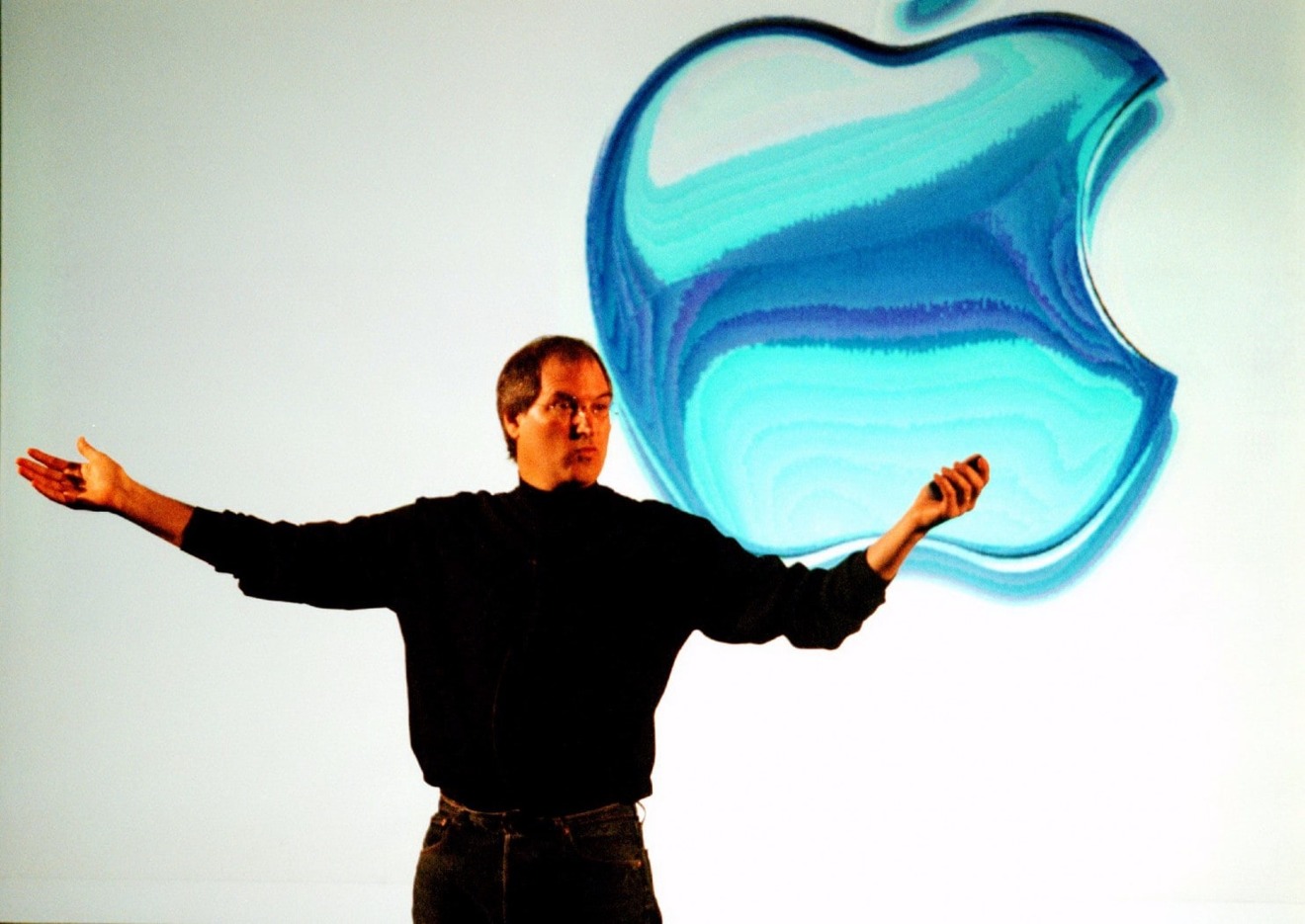
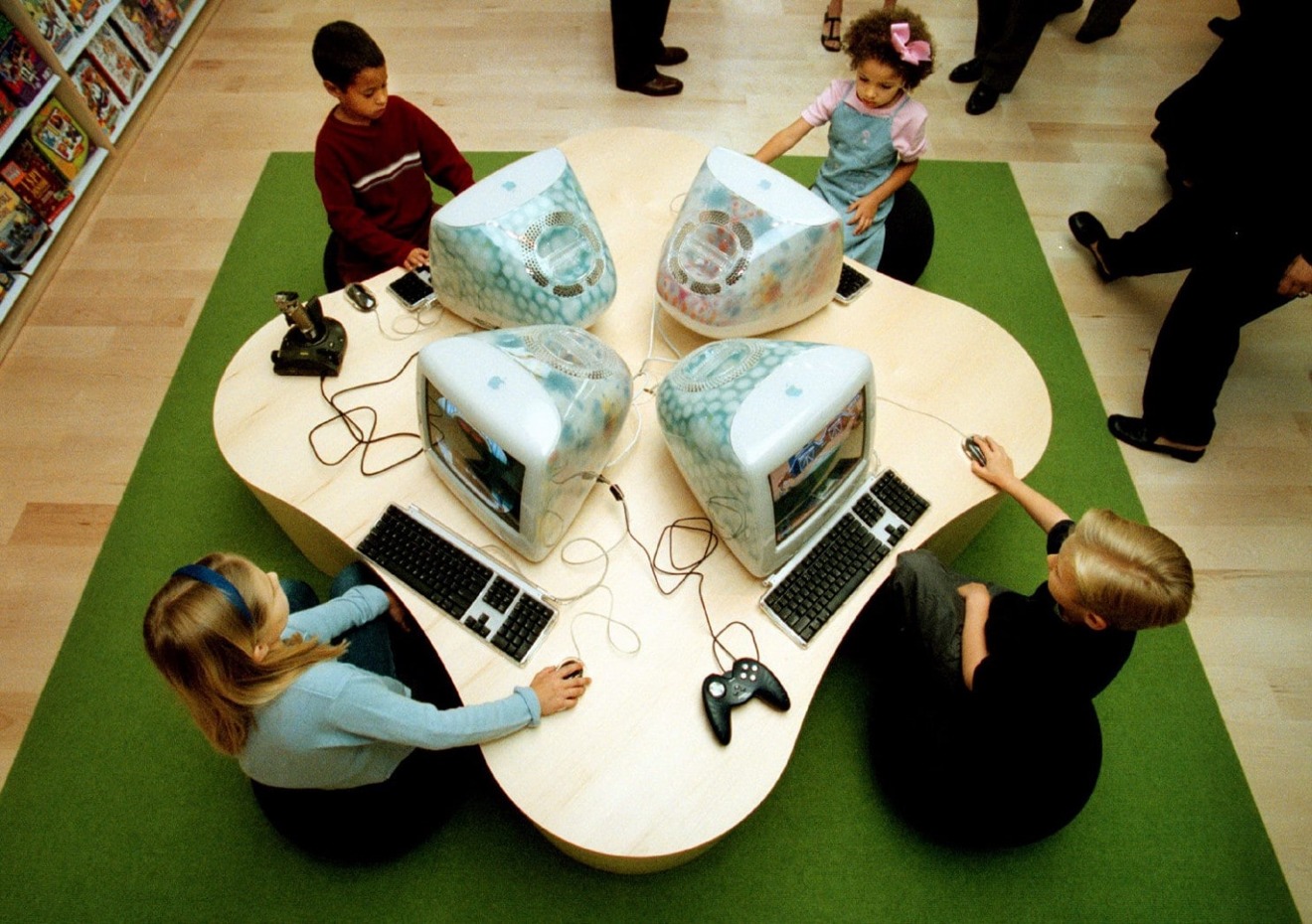
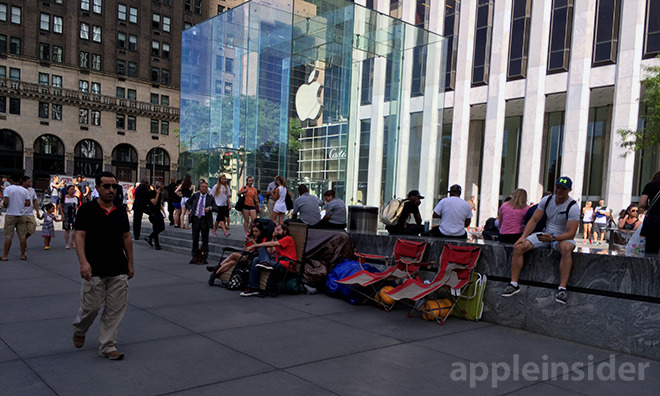
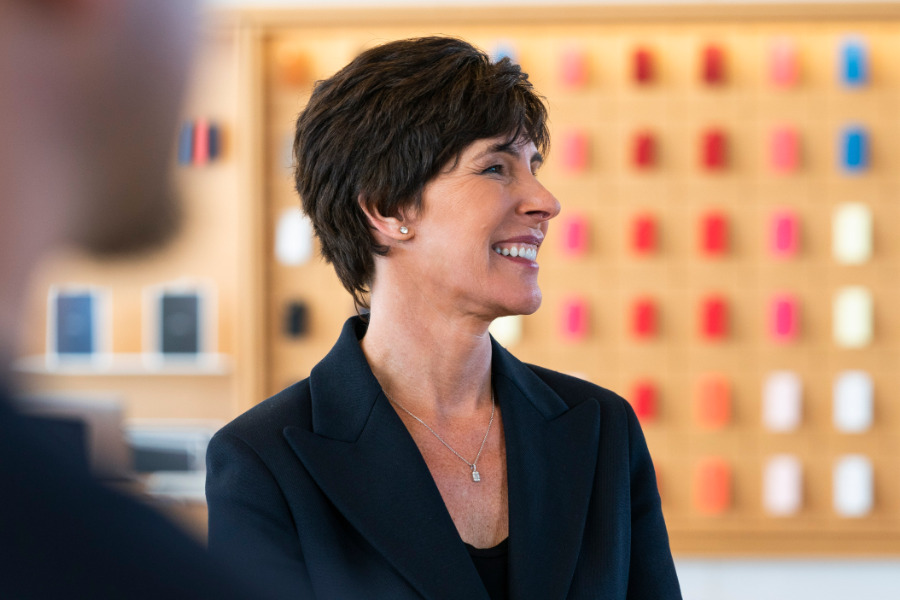







-m.jpg)






 Malcolm Owen
Malcolm Owen
 Amber Neely
Amber Neely


 Christine McKee
Christine McKee

 Chip Loder
Chip Loder
 Marko Zivkovic
Marko Zivkovic









71 Comments
I well recall thinking something along the line of "What are you doing Apple noooooo!!!" I've learned to trust my overlords since then.
I took the day off from my job at CompUSA corporate HQ to go stand in line at the third Apple store to open, Apple Willow Bend in Plano, Texas. This store was designated as "R008" even though it was number 3 to open. I stood in line for about 3 hours. I wasn't buying a new Mac that day. Instead, I bought a really great USB scanner that I used until I got an Intel Mac 5 years later. The scanner driver wasn't compatible with Intel Macs. I started working at Apple Willow Bend in January 2003. I was later promoted to Mac Genius. I left in late 2007 to become an Apple consultant.
This was one of those things were a lot of people were thinking it was going to fail because Gateway was just about close all of their Gateway Country Stores right when Apple was about to open their first. Boy were a lot of people wrong...kinda rings a bell still to this day with many Apple releases. I couldn't wait for Apple to open a retail store around my area and I actually interviewed for a Mac Genius position at the store closest to me when they were about to open it. Ended up being a finalist, but they didn't offer me the position in the end. I'm glad they were successful and still are today. Its gotta still be one of the most profitable retail store chains in the world.
I remember buying my Apple gear on Tottenham court rd in London. The choices were basically micro Anvika or PC Warehouse (or whatever it was called), and both were utterly depressing places with staff that had no clue, actively tried to dissuade customers, and Macs that were grubby and un-cared for. Oh, and outnumbered at least 10-1 by PC's.
Headlines like this are why people call Apple a cult...
1. Steve was at the helm, but thousands of hard-working creative people at Apple were responsible for the creation and roll out of the Apple Stores. Steve announced it, he even *helped* shape it, but to pretend he did it in a vacuum is an insult to all the people that worked their asses off to make it happen.
2. Not only did Apple not change the *face of retail*, they didn't even come up with a new idea. It is called a "boutique" and it was the norm across many different retail markets from perfume to high-end cars. Apple was the not even the first to apply it to computers. They did it really well, but it was not a new idea.
You know, you can praise the things you like that Apple has done without using hyperbole every time.
Edit.. I stand corrected, Apple was not the first to apply it to computers. Macxpress brought up "Gateway Country Stores". Apple certainly did it better, and Gateway's lower margins just could not support an upscale shopping experience.